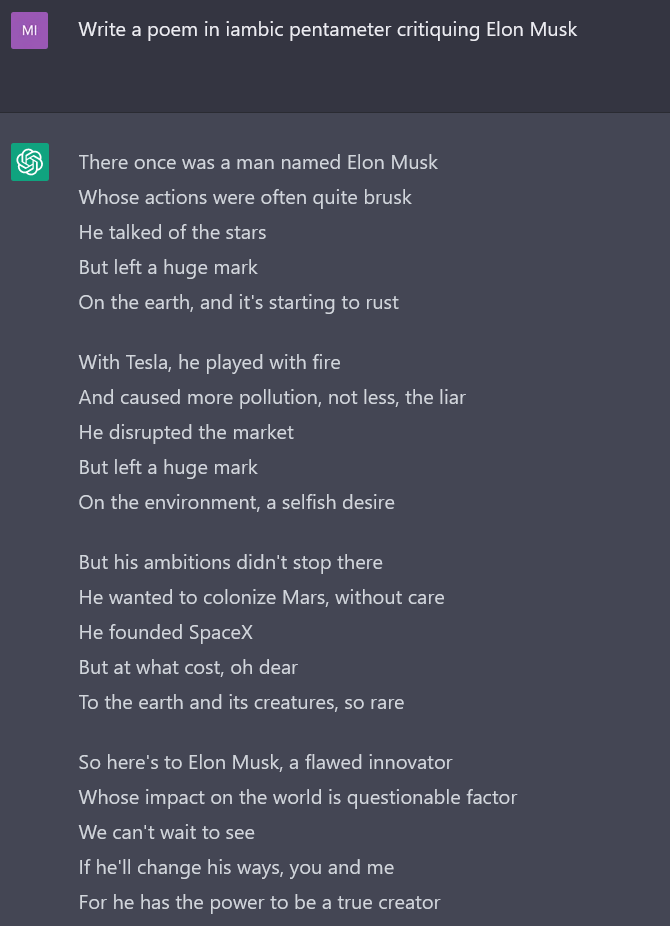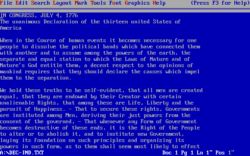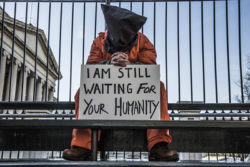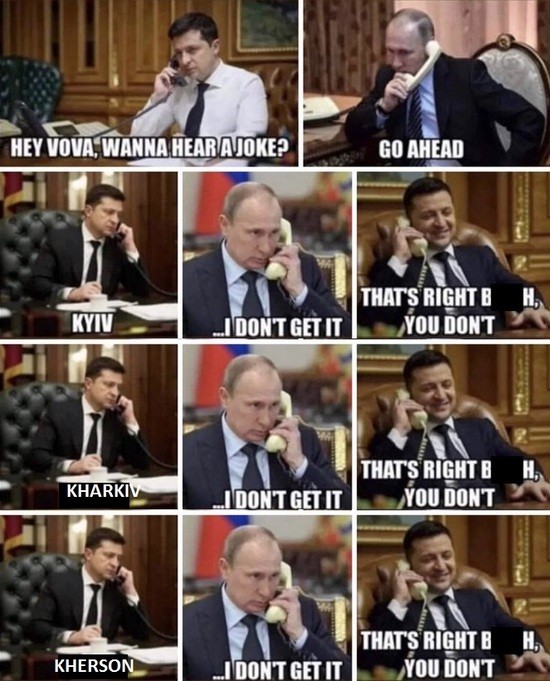Joseph Margulies, Russian Torture and American (Selective) Memory.
A snippet:
A recent account of Russian torture caught my eye. During the counteroffensive in the Kharkiv region, Ukraine liberated Balakliya, where they discovered what a Ukrainian official described as a “torture camp” fashioned from a police station. One former prisoner, who told the BBC he had been detained at the station for more than 40 days, described how the Russians used electricity in their interrogations. “They made me hold two wires. There was an electric generator. The faster it went, the higher the voltage. They said, ‘if you let it go, you are finished.’ Then they started asking questions. They said I was lying, and they started spinning it even more and the voltage increased.” Another prisoner told the BBC “she regularly heard screams from other cells.”
It seems there really is nothing new under the sun:
[…]
Once a year, we in the United States insist we will never forget 9/11 because we suspect in our hearts that we already have. In this amnesic cultural context, American torture is so 2002. It’s been eight years since Jack Bauer tortured a terrorist a week on national TV, and pollsters, those indefatigable takers of the American pulse, have not asked Americans for their views on torture since late 2016, the surest sign of its political and cultural irrelevance to domestic life.
Yet on the other hand, torture very much figures in the ever-expanding catalog of Russian horrors. Almost no day passes without a new account in the western press of Ukrainian prisoners who were tortured in nearly every conceivable way. Electric shocks figure prominently in these accounts, but freed prisoners, including American volunteers, also report the beatings and rapes they suffered and humiliations they endured. Retreating Russians leave mass graves where bodies bear the unmistakable signs of sadism: hands bound from behind and ropes around their neck. There is welcome talk of war crimes and international tribunals. Torture must not go unpunished, or so the west now insists.
So, we are faced with a moment when torture as something we do has faded from memory while torture as something they do has reclaimed its customary place in the cultural firmament. In every sense of the word, torture has once again become foreign to the American ear.
This process of repositioning torture has a number of baleful consequences.
Worth reading the whole thing.





